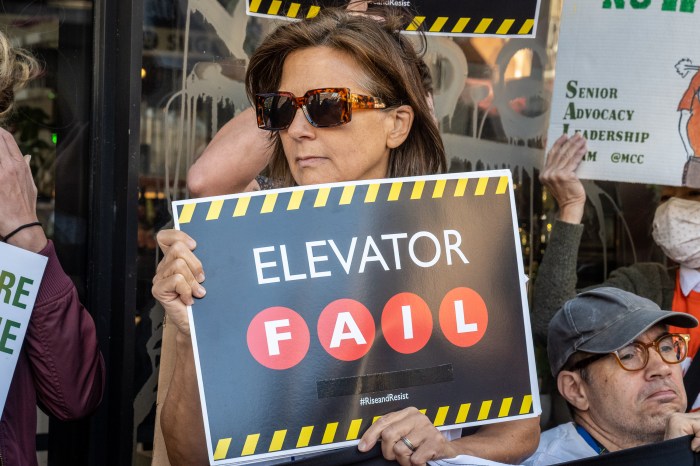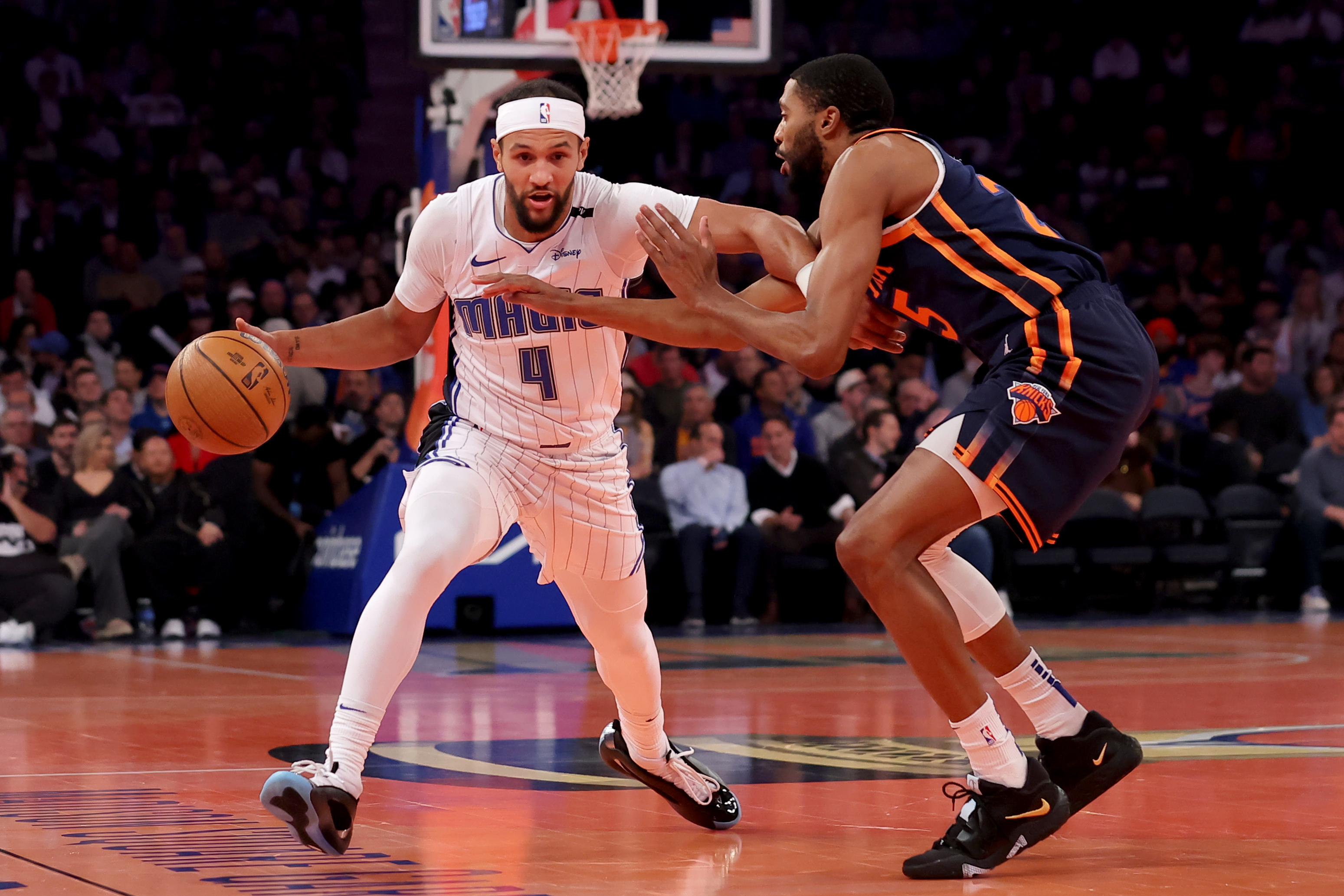Infra
Here’s how New Yorkers really feel about congestion pricing

Congestion pricing will launch on Jan. 5, 2025.
Photo via Getty Images
The MTA approved the controversial congestion pricing program on Nov. 18, sparking a wide range of reactions from drivers and public transit users across New York City.
Last week, amNew York Metro launched an online poll inviting New Yorkers to weigh in on the historic initiative. The plan, set to take effect just after midnight on Jan. 5, will impose a fee of $9 for cars and $14.40 for trucks entering Manhattan below 60th Street, an area designated as the Congestion Relief Zone.
The key question: “Are you for or against the new congestion pricing proposal?”
The answer? New Yorkers are split, tipping the scale slightly toward supporting the highly contentious plan.
Of nearly 3,000 participants who responded, 1,488 (53.8%) said they support congestion pricing, while 1,242 (44.9%) said they are against it.
New Yorkers sound off on the street
amNewYork Metro spoke one-on-one with New Yorkers around the city to get their thoughts on the historic traffic plan.
“It’s just a money grab for the MTA. That’s all it simply is,” one New Yorker said. “It’s going to hurt motorists and it’s going to hurt people coming in and out of New York City.”
Another New Yorker sees congestion pricing as “more tax” on workers and residents.
“There must be something that can be done,” she said. “I just think so many people are going to be affected. EZ passes are already a lot. Commuting into the city is already a lot. Why put more tax on people who are working here in New York City, or living here as well?”
A car service driver told amNew York Metro that he supports the plan because it means money in his wallet, since his tips are based on the cost of a fare.
“I like it. When the price is going up, my customers’ tips will go up,” the driver said. “That’s what I like. The price going up, and the tips are also going up.”

New York politicians have mostly supported congestion pricing, though some from the outer boroughs, especially, were disappointed that it was approved.
“Governor Hochul’s move to pause congestion pricing before the election to help her party win, knowing it’s unpopular, only to reinstate it afterward when her party lost, is a blatant political move and a shameless betrayal of New Yorkers,” Council Member Robert Holden, of Queens, said.
However, state Sen. Andrew Gounardes, from Brooklyn, feels congestion pricing is necessary to improve the city’s transit system.
“This is about investing in the infrastructure that working New Yorkers rely on to get to work, to school, to all the places they need to go,” he said. “This is about funding elevators at subway stations, so my elderly and disabled neighbors can access the train. This is about running buses that don’t get stuck in endless traffic, and upgrading train signals so Brooklynites can ride without constant delays.”
In the meantime, MTA officials have said they plan to use the toll collection to fund priority projects, including the Second Avenue Subway, better train accessibility, modernization of signals, electric buses and more.
More information about congestion pricing can be found on the MTA’s website at congestionreliefzone.mta.info.








